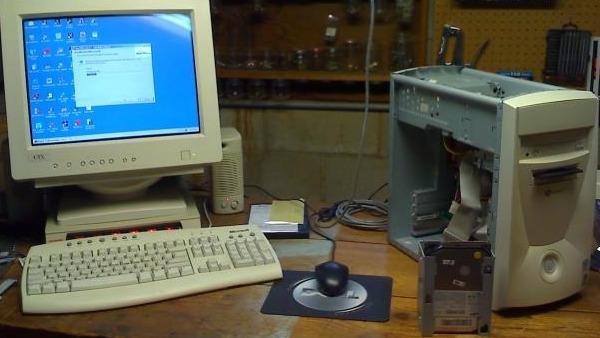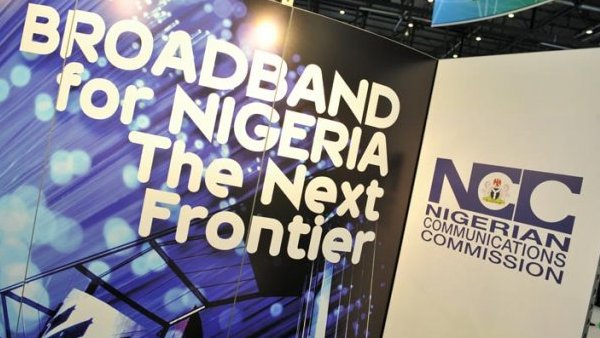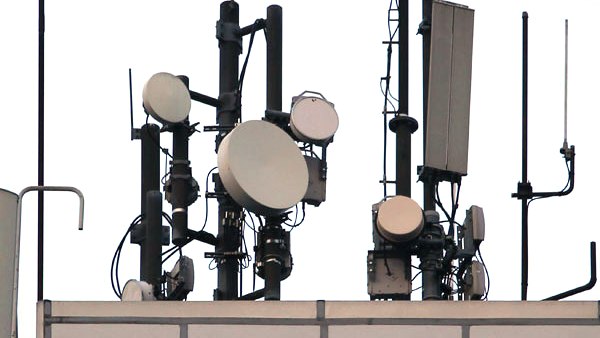In the bid to achieve its broadband penetration target, the Nigerian Communications Commission (NCC) has said it will license more infrastructure companies (Infracos) and also auction additional spectrums very soon.
Professor Umar Danbatta, Executive Vice Chairman of the NCC stated this recently saying Nigeria is left with just 8 per cent to attain the 30 per cent broadband target set by the Federal Government by the end of this year.
“At the moment, Nigeria has moved from 10 per cent to 22 per cent broadband penetration in the pursuit of the 30 per cent target set for December 2018.
“Effort is ongoing to deepen the penetration as part of this administration’s eight-point agenda.
“Plans are also ongoing to license Infrastructure Companies, Infracos, auction some frequency licences, while some are being initiated and some being reframed to achieve the broadband penetration target.
“In broadband, we have moved from 10 per cent to 22 per cent broadband penetration at the moment. All these are going on simultaneously,” Danbatta said.
Meanwhile, Edo state government has made drastic moves to take advantage of this development with the view to attracting more telecoms infrastructure to the State in order to provide its citizens with world class telecoms and ICT services.
In an elaborate meeting between the Executive Governor of Edo State, Mr. Godwin Obaseki and the NCC, led by the Commission’s Executive Commissioner for Stakeholder Management, Mr Sunday Dare, the NCC assured Obaseki of readiness to support the achievement of the ICT aspirations of the State through the deployment of fiber infrastructure under the Commission’s InfraCo project and interventions by the Universal Service Provision Fund.
Dare, at the meeting, assured the Governor that NCC is keen to partner Edo State to achieve win-win solutions in the overall interests of the good people of Edo State.
In his remarks, the Governor noted that the Edo State Government is focused on exploring non-oil resources and has therefore articulated developmental priorities focusing on creating a sense of order (participative, accountable and open governance); and a sense of security, safety and stability necessary to attract requisite investments to develop the State.
Since its developmental goals relies on the seamless availability of telecoms/ICT infrastructure, Edo State is passionate about the need to attract robust telecoms infrastructure to drive manufacturing, education and other socio-economic activities.
As an example of the State’s forward-looking approach, the Governor noted that Edo State has always made provision for shared fiber ducts in its road projects and looks forward to engaging with NCC and operators to agree on fiber deployment projects and routes as necessary.




